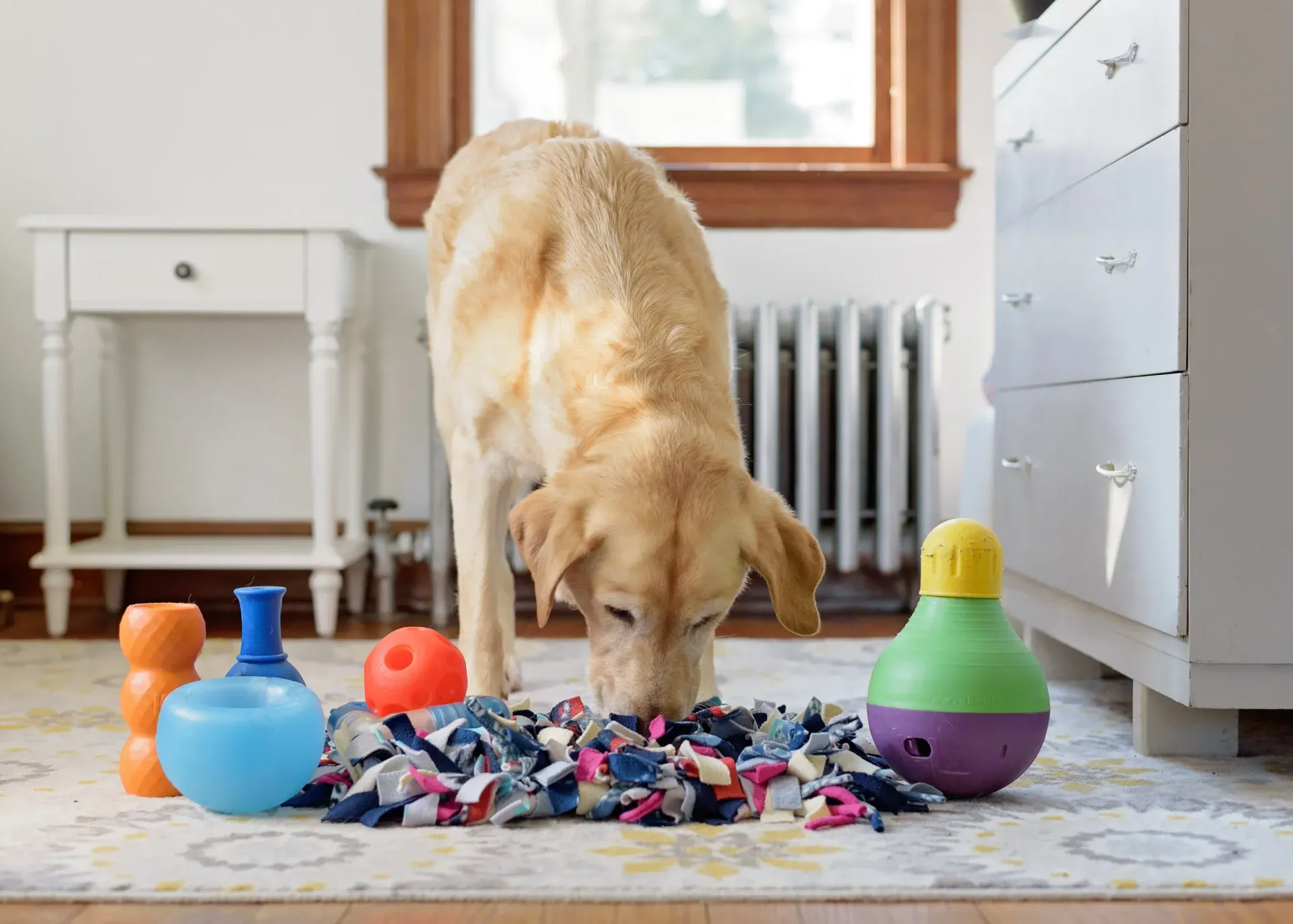Bringing a New Puppy Home: Essentials for Your Furry Friend
Welcoming a new puppy into your home is an exciting experience, filled with joy and new responsibilities. To ensure you're fully prepared for your new furry friend, here’s a comprehensive guide from Best By Farr Dog Training on what to gather before their arrival.
Understanding Puppy Needs
Different breeds have varying needs in terms of exercise, grooming, and health care. Researching your puppy’s breed will help you understand specific requirements and potential health issues. Whether your new companion is a high-energy shepherd or a laid-back bulldog, knowing what to expect in terms of their behavior and care can set you up for a successful introduction.
Essential Supplies for Your Puppy
- High-Quality Puppy Food: Nutrition is crucial for your puppy’s development. Choose a high-quality food that is appropriate for their age, size, and breed. Transition slowly from the food the breeder has been using to avoid digestive upset.
- Collars and Leash: An adjustable collar is ideal for growing puppies. Pair it with a sturdy leash for safe walks. Consider a harness if your breed is prone to pulling or respiratory issues.
- Training Crate: A crate is invaluable for housebreaking and provides a safe space for your puppy when unsupervised. It’s also useful for creating a routine and boundaries within your home.
- Comfortable Bedding: Invest in a supportive bed; orthopedic or memory foam beds are great for comfort and joint support, and cooling beds are beneficial for breeds prone to overheating.
- Toys for Engagement and Training: Toys are not just for fun; they’re essential for development and training. Chew toys help with teething, while interactive toys like treat dispensers aid in mental stimulation.
- Health and Grooming Supplies: Depending on your dog's coat, grooming tools can range from simple brushes to professional-grade clippers. All-natural shampoo and conditioners tailored for puppies are also necessary.
- Water and Food Bowls: Slow feeder bowls are excellent for puppies that eat too quickly, helping prevent bloat and promoting healthy eating habits.
- Cleaning Supplies: Accidents happen, especially with puppies. Have a pet-safe, enzyme-based cleaner on hand for those inevitable messes.
Additional Tips
- Consult a Veterinarian: Establish a relationship with a vet early on to manage your puppy’s vaccinations, spaying or neutering, and any specific health concerns. Regular check-ups are vital.
- CBD Oil for Stress: If your puppy seems anxious, especially during training or transitions, CBD oil can be a gentle way to help ease their stress. Always consult your vet before starting any supplements.
- Socialization and Training: Begin socialization and training early to help your puppy develop into a well-adjusted adult dog. Consider enrolling in puppy classes to enhance their learning and social skills.
Getting ready for a puppy involves more than just buying supplies; it's about creating a welcoming and safe environment for them to grow and thrive. With the right preparation, you can ensure your new puppy will be a happy and healthy addition to your family.








